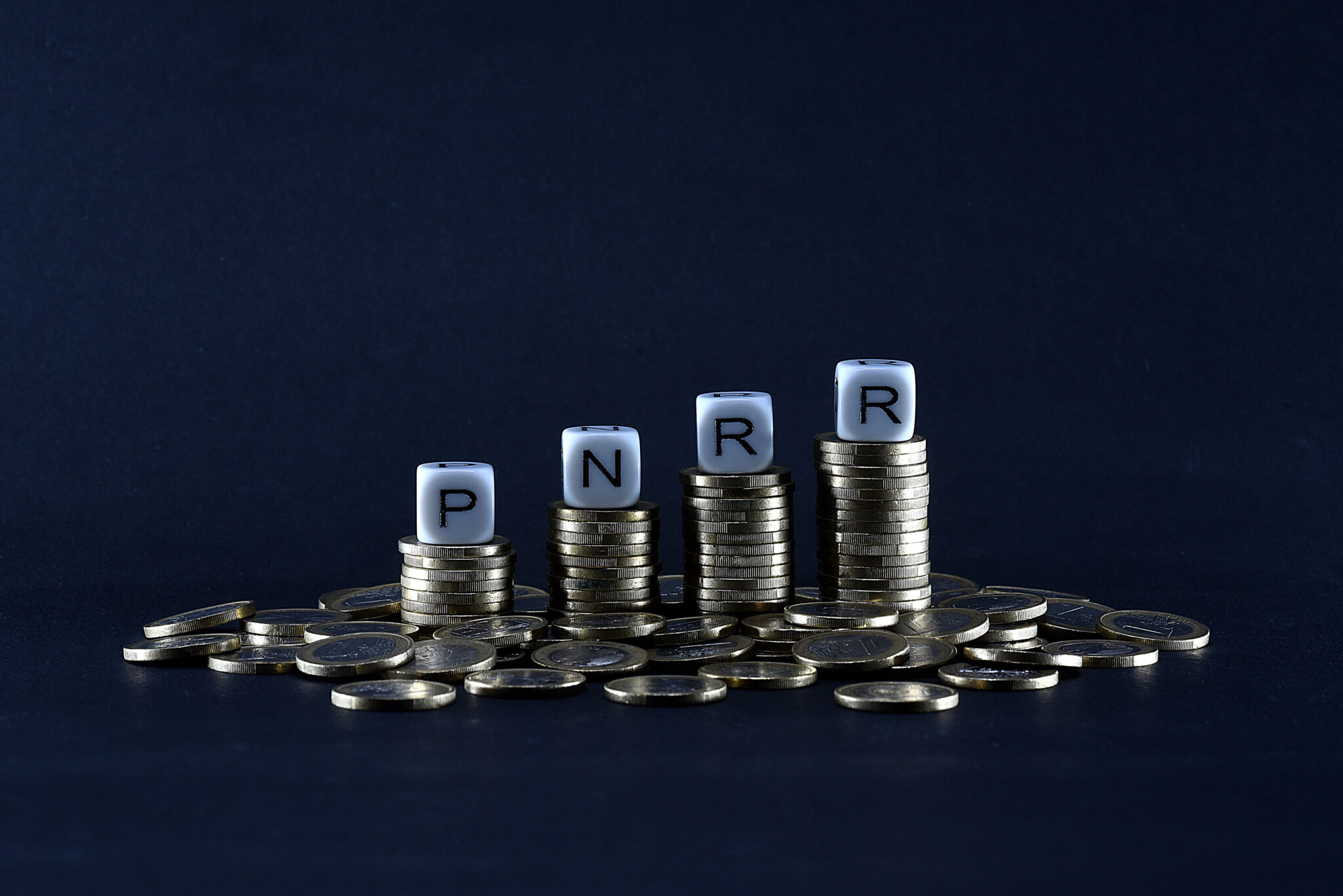Brussels – The course has been set with an agenda for a new EU season under the banner of renewed competitiveness and sustainability and ‘the European working group’ is underway. But the real issue is the future. “What happens next?” Economy Commissioner Paolo Gentiloni, puts the EU’s post-NRRP question on the table. It will be possible to finance the national recovery plans with the Recovery Mechanism (NextGenerationEU) and its Recovery Fund until 2026. However, after that, finding the many billions needed for the green economy risks becoming the new EU puzzle in a global context, certainly not free of uncertainty.
“We can’t extend NextGenerationEU” beyond the timeframe,” he said in a European Parliament’s Economic Affairs Committee hearing. “We need to start thinking about post-2026.” Gentiloni officially starts the reasoning now, well in advance. 2024 brings not only the continuation of the Russian-Ukrainian and Middle Eastern conflicts, which project downside risks for Europe’s growth and the global economy but also crucial appointments, such as the U.S. elections, which are likely to impact the agenda of the EU and its member states even more.
He does not call anyone out directly, but noting how the European Union is part of a “globalized world,” he draws attention to a race for sustainability in which competitors like China and the United States are playing by different rules. EU stimulus now provides a push and pull to investment, but “what to do after 2026 will be one of the topics of the coming months and years.”
A political legacy to the future Parliament since, for calendar reasons, 2024 is the year of the European elections (June 6-9) before the US presidential elections (November 5). However, on closer inspection, Taiwan’s elections this weekend (January 13) may already provide food for thought on how to continue the dual transition.
Taiwan is strategic for microprocessors and semiconductors needed for the EU‘s green and digital agenda, leading to the new bilateral approach. Lai Ching-te, a Democrat-progressive, appears favored to become the island’s new president, with the unknowns of the case. He could be the right ally for Europe because he is not pro-Beijing, but his autonomous positions could trigger a reaction from the People’s Republic of China. He is not worried about the immediate future, at least not much. “The situation is not alarming, and in general, we are not in recession,” Gentiloni assures when speaking of the economic situation and forecasts for the immediate term. Not least because the reform path, along with the NRRPs, has, for now, contributed to putting the European States in a resilient situation in the face of the shocks produced by the war in Ukraine and the increase in inflation that came with it. The advice for all is to move forward with the recovery plan, but national and European policy must start thinking about the future of its sustainable agenda.
English version by the Translation Service of Withub![Il commissario per l'Economia, Paolo Gentiloni, in audizione in commissione Affari economici [Bruxelles, 11 gennaio 2024]](https://staging.eunews.it/wp-content/uploads/2024/01/gentiloni240111-679x375.png)





